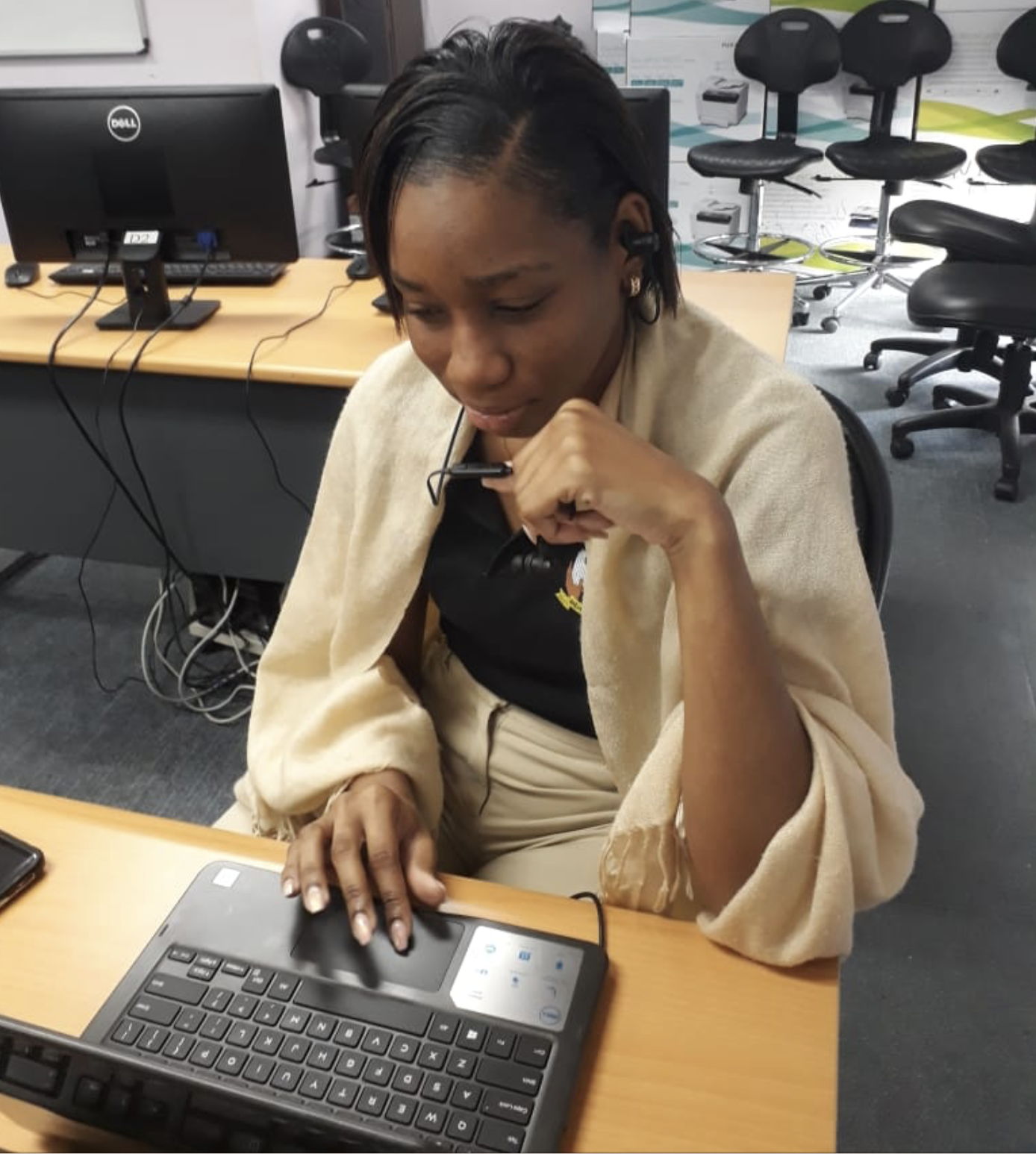131 OECS teachers are now certified in specialized reading instruction!
OECS/USAID Early Learners Programme is improving early grade reading instruction
One hundred and fourteen (114) OECS teachers received certificates of achievement and seventeen (17) received certificates of participation in specialized reading instruction with a focus on Grades K-3. The certification programme was developed and administered in partnership with the Eastern Caribbean Joint Board of Teacher Education (ECJBTE), with its secretariat in the School of Education at the University of the West Indies, Cave Hill Campus, and the OECS Education Development Management Unit (EDMU).
Professional development (PD) of early grade teachers to enhance reading instruction across the OECS has been a fundamental strategy of the USAID/OECS Early Learners Programme (ELP). The various forms of teacher PD implemented by a cadre of well-trained teachers has increased the overall quality of reading instruction at the Grades K to 3 levels, in the OECS Member states. This training has contributed to achieving OECS/USAID ELP’s ultimate goal of increasing reading levels in the OECS Member States.
Sisera Simon, Head of the EDMU, highlighted the rationale and benefits of the specialized reading instruction programme stating that,
"strengthening teacher quality and learners’ literacy levels are two major priorities for the OECS Member countries, as both are central to improving student success. Motivated by these priorities, the OECS Commission, through its Early Learners’ Programme organized certification training for teachers to strengthen their pedagogical tool kit in several ways.”
Ms. Simon described the program methodology stating that
“Participants learned how to draw from students’ lived experiences to establish relevant and engaging anchors for lessons, differentiate instruction to better meet the diverse learning needs and interests of students, and utilize a range of assessment strategies to monitor literacy development.”
In conclusion she notes the expectation that the teacher PD “will translate into practice and ultimately contribute to improvement in learning outcomes for students.”
The programme, designed as face-to-face with online support, commenced in February 2020. Due to COVID-19 it had to be completely re-structured to a solely online programme – yet still retained the experiential approach. According to the Chair of the ECJBTE, Professor Joel Warrican, who led the programme,
“Shifting to an online environment, enabled us to model for teachers how to transition their own classrooms to an effective online learning environment. During the practicum, the teachers utilized the online platform and created their own learning materials to share with other teachers and within their school.”
One of the teachers from Carriacou, Grenada who successfully completed the programme, Mr. Dyron Bethel stated that,
“Although I was skeptical at the beginning, I learned a lot and believe that this certification significantly contributes to my professional development. About 60% of the course was new content for me with the rest being a refresher on my previous reading instruction knowledge. I will definitely use my new knowledge to help my students improve. We have some struggling students and particularly some struggling boys – and I learned a lot of strategies to help them improve and make reading more interesting for them. I will also use what I learned to assist my fellow teachers in improving their own reading instruction. It was challenging, but well worth the effort.”
About OECS/USAID ELP:
OECS/USAID Early Learners Programme is a Programme within the Education Development Management Unit of the OECS Commission and was established in March 2015 to improve the reading skills of children in the early primary grades with the goal of providing a foundation for improved learning outcomes and enhanced opportunities for students in the six (6) independent Member States of the OECS (Antigua and Barbuda, The Commonwealth of Dominica, Grenada, Saint Lucia, St. Kitts and Nevis and St. Vincent and the Grenadines). To date the ELP has achieved a number of tangible outputs with over 73,155 learners reached at the Primary level, over 3340 Grades K to 3 teachers supported through job embedded professional development, 3185 early grade classroom lessons observed and 1630 coaching sessions with teachers have been completed by ELP Coordinators. Further, 60 schools across the Member States have received development grants to support reading enhancement projects and 304,552 teaching and learning materials have been provided to 2582 classrooms across the OECS (over 50,000 books). The OECS/USAID ELP will run through to September 2020 continuing to develop and implement impactful initiatives that advance early grade reading throughout the OECS.
For more information regarding the OECS/USAID Early Learners Programme contact: ELP Office at the Education Development Management Unit (OECS Commission) 453-0669 email: oecsusaidelp@oecs.int
